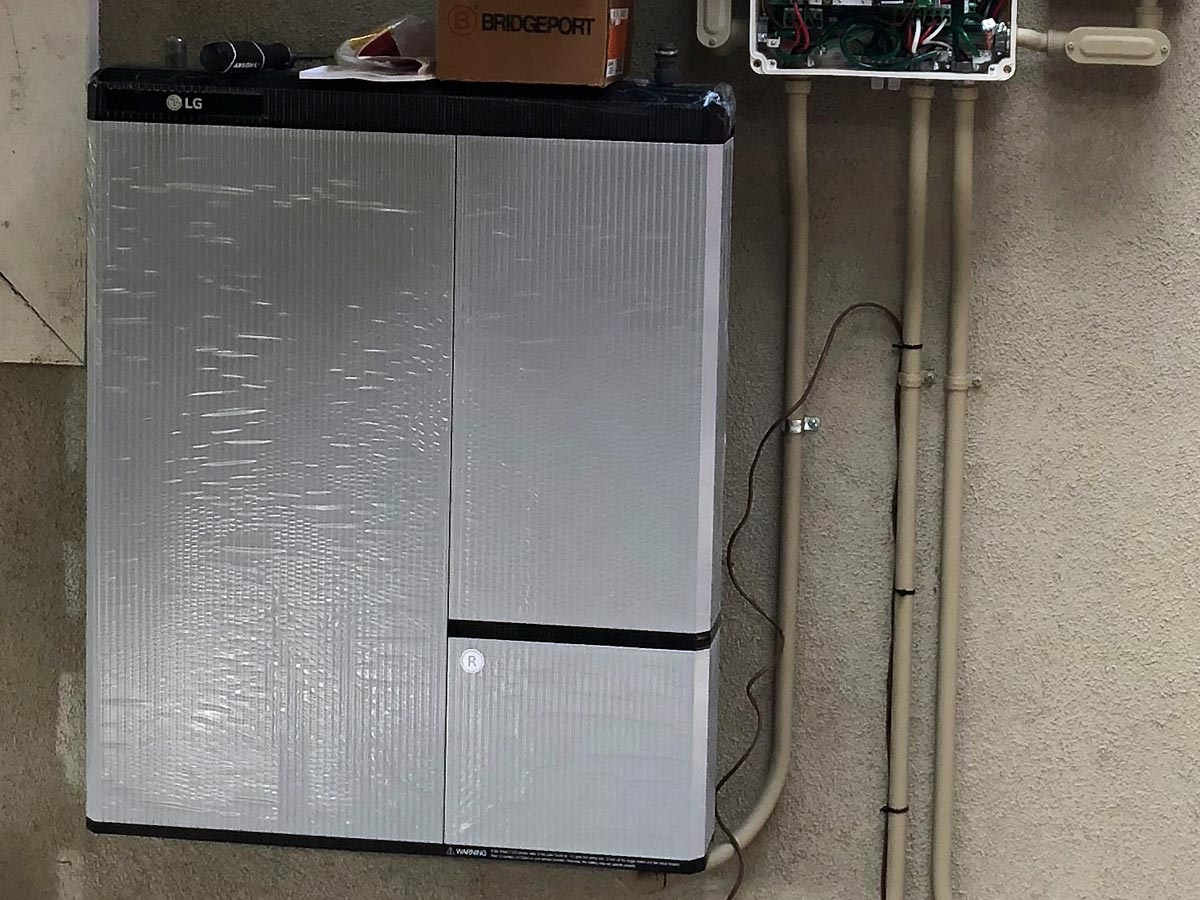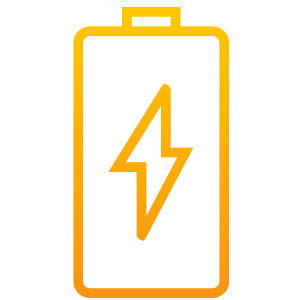Looking For A Residential Solar Energy Company In Lake Forest & Orange County, CA?
Call For Smarter Solar Energy Battery Storage
As technology continues to improve and energy storage becomes more and more important for homeowners, residential solar panel installations have grown more complex and have begun to add additional features. One of those features is solar battery storage, which has recently surfaced as a new and emerging technology over the last few years. Batteries are a critical piece of the renewable energy picture, as they allow electricity generated from a solar panel installation to be deployed whenever the sun isn’t shining. The rise of electric vehicles has allowed for the development of lithium-ion batteries at a very rapid pace. As a result, the same batteries used in EVs can also be used in solar panel installations and other areas of the home for various purposes. They can also be financed through a number of different solar energy financing solutions, allowing customers to reap the benefits of stored energy without upfront cost.


Critical Power Backup
A solar energy system with a 10 KWH battery system can provide backup power for critical loads in the event of a grid outage. Critical loads typically include the refrigerator, garage door, common lighting and a few receptacles to plug in electronics.

Full House Backup
A full house backup requires a much larger solar battery system and is often not economical. The capacity of a battery system to backup an entire house is usually 3-5 times the size of a standard battery system and it is important to note that the solar panels are producing the electricity to charge the battery, so any residential solar panel installation will need to have enough panels to produce the amount of electricity required to backup the whole house.

Electricity Savings
With the rise of new Time-of-Use electricity rates, batteries can deploy stored electricity based upon electricity rates at different times throughout the day, saving you money that would normally go to your utility company. For example, electricity produced by the solar panels will charge the battery during the day and then homeowners can deploy that stored electricity during “peak hours” which is usually late afternoon and early evening for most utilities.
Economics of Solar Energy Storage
Often times the cost of a solar energy system with battery backup is cost prohibitive compared to the benefits it provides. At an average cost of $10,000, a battery system does not offer the same electricity savings and thus does not have the quick payback period that solar offers. Conversely, a battery system does offer peace-of-mind that, in the event of a grid outage, a house can still operate in standalone mode with a limited amount of electricity. With current battery pricing and incentives, this pencils out to approximately $1 a day to have the functionality of emergency backup power. The good news is that battery backups are now generally included in solar energy financing packages, which helps offset the upfront cost of the residential solar panel installation to the customer.
Due to the relatively new technology utilized by batteries, the warranty period is inherently lower at 10 years. As new manufacturing procedures and economies of scale improve, the cost and performance of batteries is expected to improve as well. To aid in the deployment and implementation of batteries, California is currently offering a one-time cash rebate administered through the Self Generation Incentive Program (SGIP). The SGIP rebate covers about 30% of the cost of a battery, however this is a pre-allocated amount of funding that is quickly diminishing. An additional 30% can be available through a similar renewable tax credit to solar, bringing the net cost of a battery down by approximately 60%. This is available for homeowners that use solar energy financing for their solar panel installation as well as homeowners who choose to pay cash.
Barnes Solar can provide battery back-up systems in conjunction with a solar energy system. For further questions to learn more about batteries, feel free to reach out to us.

